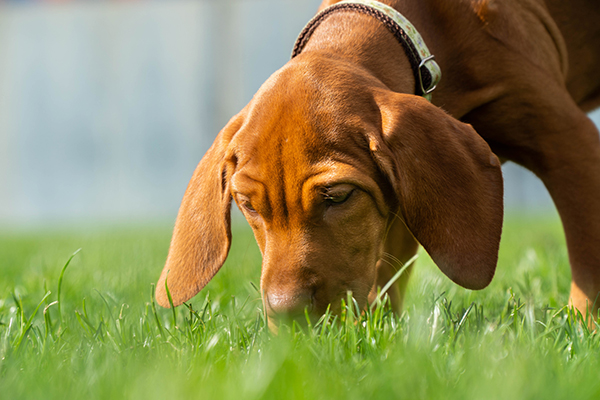Cats can have varied responses to catnip. There are some cats, right after encountering catnip, that exhibit weird behaviors, yet there are others that just slack off. Then there could also be some cats that do not have reactions to catnip. Actually, catnip does not affect around a third of cats.
Most of the very young kittens are not affected by catnip, but at around three to six months of age, you can start to have an idea which cats react highly to catnip, and which ones do not. Also, cats in their golden years do not seem to react to catnip as well.
It is fortunate that cats do not get addicted to catnip. One positive catnip effect is that it changes a cat’s mood. It might also be quite fun to see your cat do her catnip antic performance after encountering the herb or having a chew on some catnip leaves.
If you have concerns about your pet’s behavior, contact your pet clinic Scottsdale, AZ.






